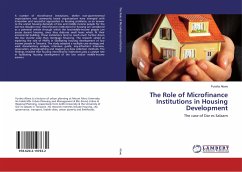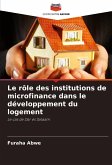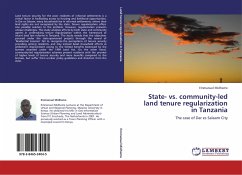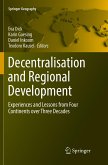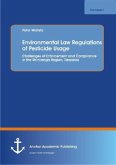A number of microfinance institutions, shelter non-governmental organizations and community based organizations have emerged with innovative and successful approaches to housing problems, as an answer to the unmet housing demands of low and middle income people for the last two decades now. Microfinance institutions for housing are considered as a potential vehicle through which the low/middle-income people can access decent housing, since they disburse small loans which fit their incremental building. These institutions tend to reach much further down the low income scale than mortgage financing. The research aimed at exploring the role of HMFIs in facilitating housing development of low income people in Tanzania. The study adopted a multiple case strategy and used documentary analysis, interview guide, key-informant interview, observation, photographing and mapping as data collection methods. The findings revealed that housing microfinance institutions play a catalyst role in facilitating housing development of the low and/or middle-income earners.
Bitte wählen Sie Ihr Anliegen aus.
Rechnungen
Retourenschein anfordern
Bestellstatus
Storno

